If you’re in Nigeria and planning to buy an Apple iPhone, one of the first questions you’ll ask is: How much is an Apple iPhone Prices in Nigeria right now? This article dives into current iPhone prices in Nigeria, what drives their costs, how to compare between models and conditions (new vs used), and tips to get the best value.
Current Landscape: Why iPhones Are Expensive in Nigeria
It’s no secret: iPhones are among the costliest smartphones in Nigeria. Several structural, economic, and market factors combine to push their local prices far above U.S. or European retail levels.
- Apple has no direct retail presence in Nigeria, so all iPhones sold are via authorized resellers or importers.
- Import duties, VAT, logistics costs, and markups increase the base cost significantly.
- Exchange rate fluctuations often force local sellers to price aggressively to hedge currency risk.
- High demand for newer models, status appeal, and limited supply further fuel premium pricing.
As one article puts it: “At launch time, a new iPhone 16 (predecessor to the iPhone 17) sold for over ₦3 million in Lagos more than forty times a ₦30,000 wage.”
Because of these, when you look for “apple iPhone prices in Nigeria,” you’ll see vast ranges depending on model, storage, condition, and source.
Overview of iPhone Price Ranges in Nigeria
Below is a breakdown of typical price ranges across different iPhone generations and conditions as of 2025. These are approximate and can vary by seller, location, and time.
Latest Models (iPhone 15, iPhone 16, iPhone 17 Series)
These are the current- or near-current-generation flagship models, and they command the highest prices.
| Model & Storage Variant | Approximate Price in Nigeria* | Notes / Observations |
|---|---|---|
| iPhone 15 (base / 128GB) | ~ ₦1,000,000 – ₦1,500,000+ | Some models in official stores near the lower bound. |
| iPhone 15 Pro / Pro Max | ₦1,500,000 – ₦3,000,000+ | High-end storage variants push the top ceiling. |
| iPhone 16 (256GB) | ~ ₦2,020,000 | Reported by Pointek. |
| iPhone 16 Pro / Pro Max | ~ ₦2,500,000+ | Premium flagship pricing. |
| iPhone 17 (recent release) | ~ ₦1,869,660 for base model in Nigeria | Business Insider Africa reports this regional price. |
* These prices generally refer to brand-new or “Grade A / UK-used (almost like new)” units, not severely used ones.
Mid-Range & Previous Generation: iPhone 13 / 14 Series
These models often hit a “sweet spot” for those who want a modern iPhone but at a lower cost.
- iPhone 14 (128GB / 256GB): Typically between ₦800,000 and ₦1,300,000+ in authorized stores.
- iPhone 14 Pro / Pro Max: In many listings, these go from ₦900,000 to ₦1,800,000+ depending on storage and condition.
- iPhone 13 / 13 Pro / 13 Pro Max: Ranges usually sit between ₦600,000 and ₦1,200,000+, especially for higher storage variants.
These models are still powerful, and many buyers choose them to balance features vs cost.
Older / Entry & Budget Models: iPhone SE, iPhone 11 / 12
For tighter budgets or secondary devices, older iPhones remain relevant.
- iPhone SE (2nd / 3rd gen): ~ ₦180,000 – ₦350,000 depending on storage and condition.
- iPhone 11 / 12 series:
- iPhone 11 (64GB / 128GB): ~ ₦90,000 – ₦400,000 depending on whether used or near-new.
- iPhone 12 Pro / Pro Max: ~ ₦550,000 – ₦900,000+ for good-condition units.
These units may lack some modern features but still serve well for many users.
Typical Used / Refurbished Prices
Used and refurbished iPhones often appear on marketplaces like Jiji, with large price spreads. On Jiji Nigeria:
- An iPhone 11 can sell starting from ~ ₦90,000 upward.
- For higher-end models, used / refurbished iPhones often run at substantial discounts compared to new ones, but with more risk.
When buying used, battery health, screen condition, warranty (if any), and legitimacy of IMEI / serial numbers are critical.
Factors That Affect iPhone Prices in Nigeria
Understanding what drives iPhone pricing tension in Nigeria helps you negotiate smarter and spot deals.
Exchange Rate & Currency Volatility
Since iPhones are imported, the USD/NGN exchange rate plays a major role. When the naira weakens, importers adjust prices upward to maintain margins. This causes sudden hikes even without new models launching.
Import Duties, Taxes & Tariffs
Customs duties, Value-Added Tax (VAT), handling fees, and regulatory levies all inflate cost. These can add 20–40% or more in some cases to the landed cost of a device.
Supply Chain, Distribution & Markups
Each middleman wholesaler, distributor, retailer adds markup. Limited supply or demand spikes, especially around new launches, also create scarcity driven premiums.
Model Popularity, Storage & Condition
- Storage size (128GB vs 512GB) significantly impacts price.
- Color variant or “special edition” models may command slight premiums.
- Condition (new, refurbished, used) alters pricing dramatically.
- Some models become collector-items or status signals, boosting demand beyond specs.
Warranty, After-Sales Support & Brand Premium
Buyers often pay extra for units that come with warranties or are purchased from recognized stores. That peace-of-mind premium is built in.
Where to Buy iPhones in Nigeria: Pros & Cons
Your choice of buying channel can influence both cost and risk.
Authorized Retailers & Apple Premium Stores
Retailers like Apple Premium Store, iConnect Nigeria, iStore Nigeria, Mac Centre, and others offer genuine new units with warranty.
- Example: iConnect lists iPhone 14 at ₦1,100,000 – ₦1,250,000.
- Apple Premium Store lists iPhone 14 around ₦1,233,375.
Pros: Safer purchase, warranty, after-sales support.
Cons: Highest pricing (less room for negotiation).
4.2 Online Marketplaces & E-commerce Platforms
Websites like Jumia, Konga, Jiji, and others list new, used, and refurbished iPhones.
- Example: On Jumia, an iPhone 6s Plus (refurbished) was listed at ~ ₦99,003.
- Jiji has thousands of Apple iPhone listings in Nigeria.
Pros: Wide selection, ability to compare many sellers.
Cons: Risk of scams, fake units, lack of warranty or after-sales support.
4.3 Grey Market / Parallel Imports
These units are imported outside official distribution channels. They may lack official warranty but sometimes come cheaper.
Pros: Lower cost than authorized units.
Cons: Warranty issues, risk of counterfeit parts, weaker after-sales support.
Used / Refurbished Markets
These include pre-owned, refurbished, or “Grade-A / UK-used” iPhones via platforms like Jiji, or specialty refurbishers.
Pros: Best price per spec.
Cons: Highest riskbattery wear, screen damage, no warranty.
Tips to Get a Good iPhone Deal in Nigeria
- Compare total landed cost (price + shipping + import fees) before committing.
- Check IMEI / serial number via Apple’s “Check Coverage” tool to verify authenticity.
- Negotiate with multiple sellers you may get better deals in local markets, especially for slightly used units.
- Ask for battery health / usage history for used/refurbished units.
- Time your purchase—prices often drop a month or two after new model launches.
- Consider installment / financing options offered by some retailers to spread cost.
- Prefer sellers with return policy / warranty, even 30 days is helpful.
- Stay cautious of deals that seem too good if the price is way below market, check legitimacy.
Comparative Snapshot: Nigeria vs International Prices
To highlight how steep the premium is, consider these:
- The base iPhone 17 Pro retails globally for $1,099.
- In Nigeria, that same model may retail near ₦1,869,660 or more.
- That means in some cases, buyers are paying double to triple what the base U.S. price would be after import + markup.
This disparity underscores how much overhead (exchange rate risk, import cost, markups) is baked into local pricing.
Recent Highlights News & Developments Apple Iphone Prices In Nigeria
1. iPhone 17 Launch & Nigerian Pricing Projections
Apple officially unveiled the iPhone 17 series, which includes models like iPhone 17, 17 Pro, 17 Pro Max, and a new slim “Air” variant.
In Nigeria, analysts project starting prices for the 256 GB model around ₦680,000, while the Pro Max (at 2 TB) could reach as high as ₦1.2 million.
However, more retail-oriented sources put the baseline iPhone 17 in Nigeria at higher levels, e.g., ₦1,750,000 from Tekkas Store, depending on storage and variant.
These mixed projections reflect uncertainty from currency fluctuations, import markup, and early retail markups.
Apple Launches the iPhone 16e A Lower-Priced Entry Option
Apple introduced the iPhone 16e (essentially a successor to the SE line) priced at $599 globally.
Key details:
-
It retains Face ID and drops the “home button” design.
-
It uses a USB-C port (moving away from Lightning) and includes a new Apple-designed modem (C1) in some regions.
-
In Nigeria, availability is expected, but final local pricing will reflect import costs, taxes, and margins.
This move is significant because it gives Apple a fresh “mid /entry” point model, which could pressure how existing iPhone models are priced locally (especially in used / refurbished markets).
Price Slashes for Older Models Expected
With the arrival of the iPhone 17, many older iPhone models are anticipated to see value drops of 20%–30% in secondary markets.
For example, top-end iPhone 16 Pro / Pro Max units may experience faster depreciation soon after the 17’s rollout.
If you’re holding (or intending to sell) a top-tier iPhone now, this is the moment to watch market dynamics closely.
What It Means for iPhone Buyers in Nigeria Now
-
New flagship pricing will be volatile for a while. The first wave of 17 uploads always comes with markups, so early buyers may pay premiums.
-
Older flagship models may become better deals. As 17 becomes more available, 15 / 16 / 14 series units could drop, especially in the used / open-box market.
-
Be extra cautious with offers too good to be true. With multiple model variants and regional locks (eSIM-only, etc.), fraudulent or mismatched units may enter the market.
-
Watch local currency & import policies. Even though global prices are known, local taxes, FX rates, and regulation can shift the actual sold price significantly.
Conclusion & Buying Checklist
In summary:
- Apple iPhone prices in Nigeria range widely from ~ ₦90,000 for older used models up to ₦3,000,000+ for flagship new units.
- The biggest cost drivers are exchange rates, import taxes, distribution markups, and product condition.
- Buying from authorized stores gives you security but at a premium cost; used / refurbished sources may save you money but entail higher risk.
- Be diligent: check IMEI, battery health, seller reputation, warranty, return options, and total landed cost.
Buying Checklist (before hitting “Buy”):
- Is the IMEI valid and not blacklisted?
- What is the battery health / usage condition?
- Does it come with any warranty or return policy?
- What is the effective price including all fees?
- Is the seller credible (ratings, reviews, physical presence)?
- Can you negotiate or get accessories free (case, screen protector)?
With the right diligence, you can find a fair iPhone deal that gives you strong value even amid Nigeria’s high cost import environment.
Also Read: Xiaomi Phone Prices in Nigeria: What You Need to Know
FAQs
Q1: Why are brand-new iPhones so much more expensive in Nigeria than in the U.S.?
Because of heavy import duties, value added tax (VAT), shipping & logistics, currency depreciation, and markup across intermediates. Also, with no Apple retail presence, authorized retailers must pass on overhead costs.
Q2: Is it safer to buy used or refurbished iPhones from markets like Jiji?
You can find good deals, but risks are higher fake units, manipulated IMEIs, worn batteries, or no warranty. Always inspect in person, verify IMEI, ask for battery health specs, and buy from reputable sellers.
Q3: When is the best time to buy an iPhone in Nigeria?
Soon after a new model launch (when older models drop in price), or during major sales (Black Friday, year end). Also, watch currency trends if naira strengthens, prices may soften.
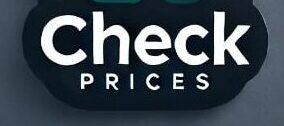
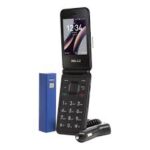
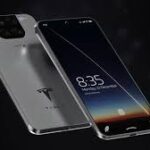
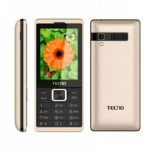
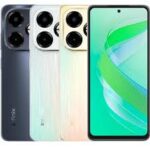
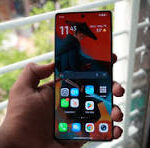
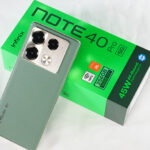
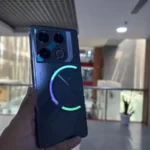
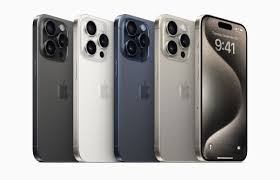
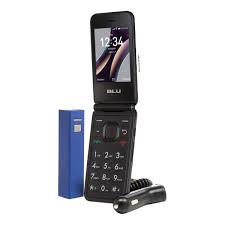
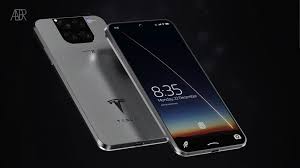
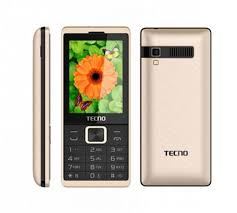
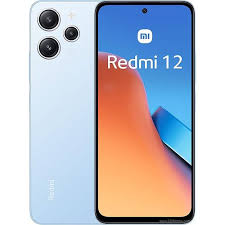
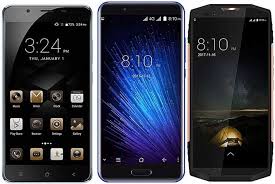
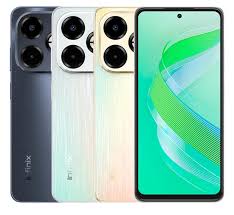
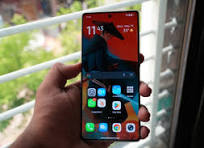
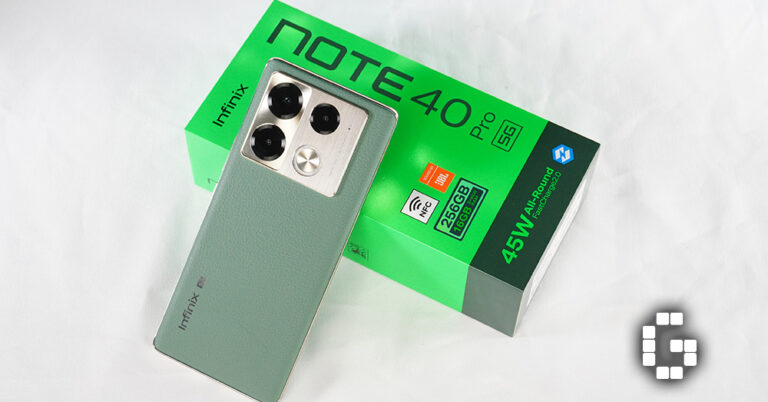
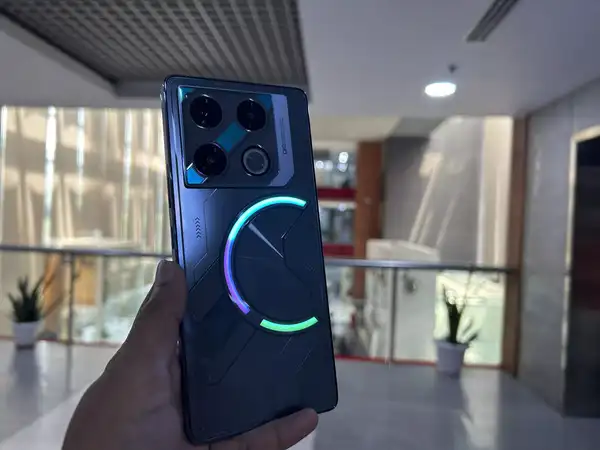
+ There are no comments
Add yours